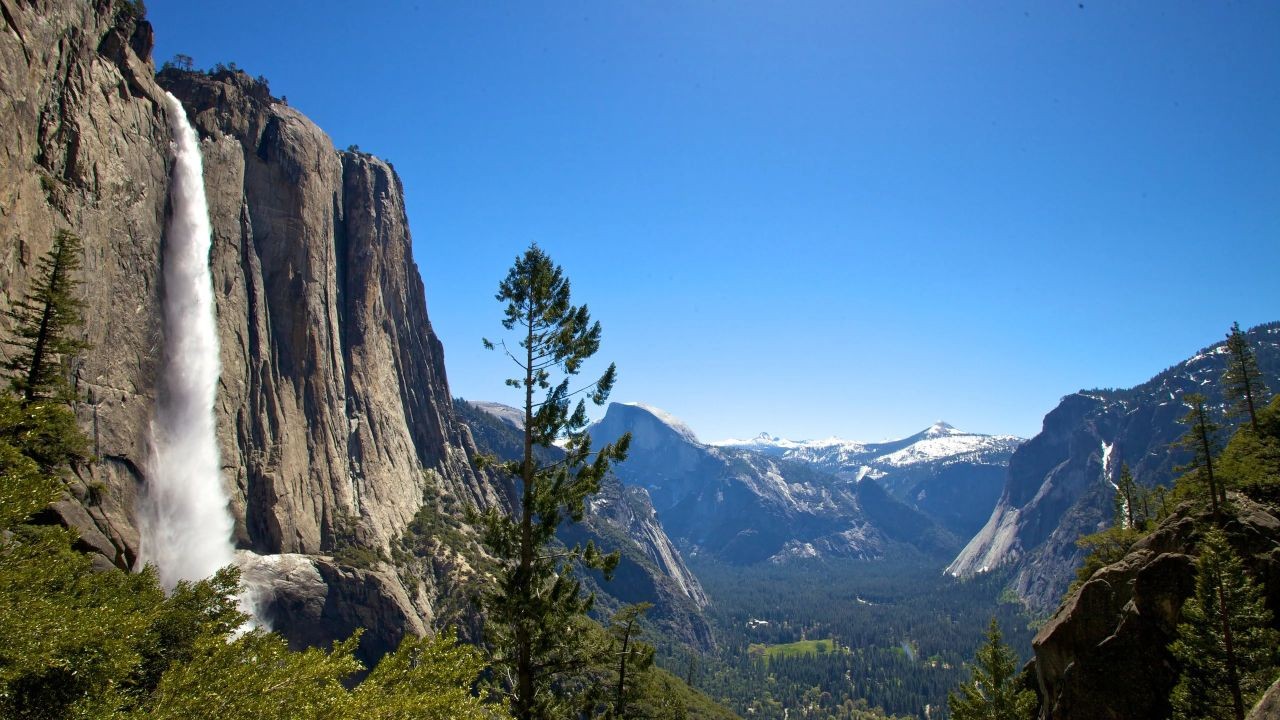Climate change is no longer a distant threat; it is a pressing issue that is already making its mark on New Zealand's agriculture. As a nation heavily reliant on its agricultural sector, understanding and addressing the impacts of climate change is crucial. This article critically examines the multifaceted effects of climate change on New Zealand's agriculture, providing insights and strategies for adaptation and resilience.
The Importance of Agriculture to New Zealand
New Zealand’s economy is deeply intertwined with its agricultural industry. According to the Ministry for Primary Industries, agriculture, forestry, and fishing contribute significantly to the nation's GDP, with agricultural exports reaching over NZD 41 billion in 2020. Consequently, any threat to this sector is a threat to the country’s economic stability and food security.
Changing Weather Patterns
One of the most visible impacts of climate change is the alteration in weather patterns. New Zealand is already experiencing more frequent and severe weather events, from droughts in the North Island to flooding in the South Island. These changes disrupt farming activities, affecting crop yields and livestock productivity.
For instance, the 2020 drought in Northland severely impacted dairy production, highlighting the vulnerability of local farmers to climate variability. Such events are predicted to become more frequent, posing a significant challenge to maintaining consistent agricultural output.
Rising Temperatures and Their Effects
Global warming is leading to increased temperatures across New Zealand, affecting both plant and animal agriculture. Warmer temperatures can extend growing seasons for some crops, but they also increase the risk of pests and diseases. Moreover, heat stress in livestock can reduce fertility and milk production, impacting the dairy sector, which is a cornerstone of New Zealand's exports.
According to NIWA, the National Institute of Water and Atmospheric Research, New Zealand's average temperature has increased by about 1°C over the past century. This seemingly small change has significant implications for agriculture, necessitating changes in farming practices and possibly even crop types.
Sea Level Rise and Coastal Agriculture
New Zealand's extensive coastline makes it particularly vulnerable to sea level rise, another consequence of climate change. Coastal agricultural lands face the risk of saltwater intrusion, which can render soils infertile and unsuitable for traditional farming.
A case in point is the Canterbury region, where rising sea levels threaten low-lying agricultural lands. The potential for land loss and soil degradation necessitates urgent measures to protect these vital resources, such as improved coastal defenses and investment in salt-tolerant crops.
Adaptation and Mitigation Strategies
Addressing the impacts of climate change on agriculture requires both adaptation and mitigation strategies. New Zealand farmers must adopt resilient farming practices, such as diversifying crops, improving water management, and investing in sustainable technologies.
- Implementing efficient irrigation systems to conserve water.
- Adopting agroforestry to enhance biodiversity and soil health.
- Investing in research and development for climate-resilient crop varieties.
Additionally, policy intervention is essential. The government must support farmers through subsidies for sustainable practices and provide guidance on climate change adaptation. The Zero Carbon Act is a step in the right direction, but more comprehensive measures are needed to safeguard New Zealand’s agricultural future.
Conclusion
Climate change poses a formidable challenge to New Zealand's agriculture, threatening economic stability and food security. The impacts, from changing weather patterns to rising temperatures and sea levels, are already being felt across the country. By adopting adaptive farming practices and leveraging policy support, New Zealand can mitigate these effects and safeguard its agricultural legacy.
To ensure the resilience of New Zealand's agriculture, stakeholders must remain vigilant, proactive, and committed to sustainable practices. The future of New Zealand's economy and environment depends on it.
References
Ministry for Primary Industries, NIWA, and other reputable sources provide the data and insights referenced in this article.
































DouglasShi
11 months ago